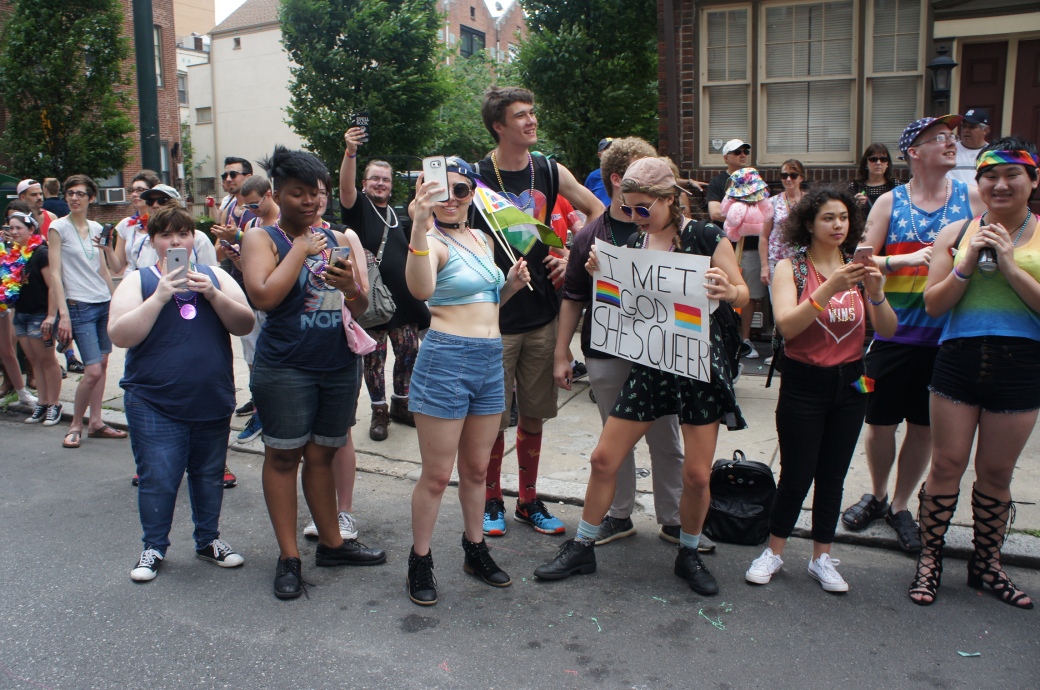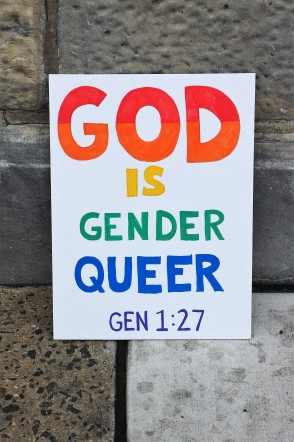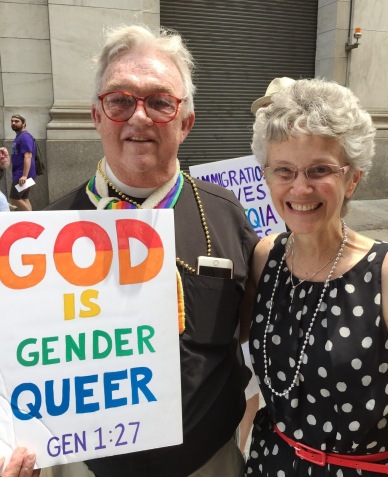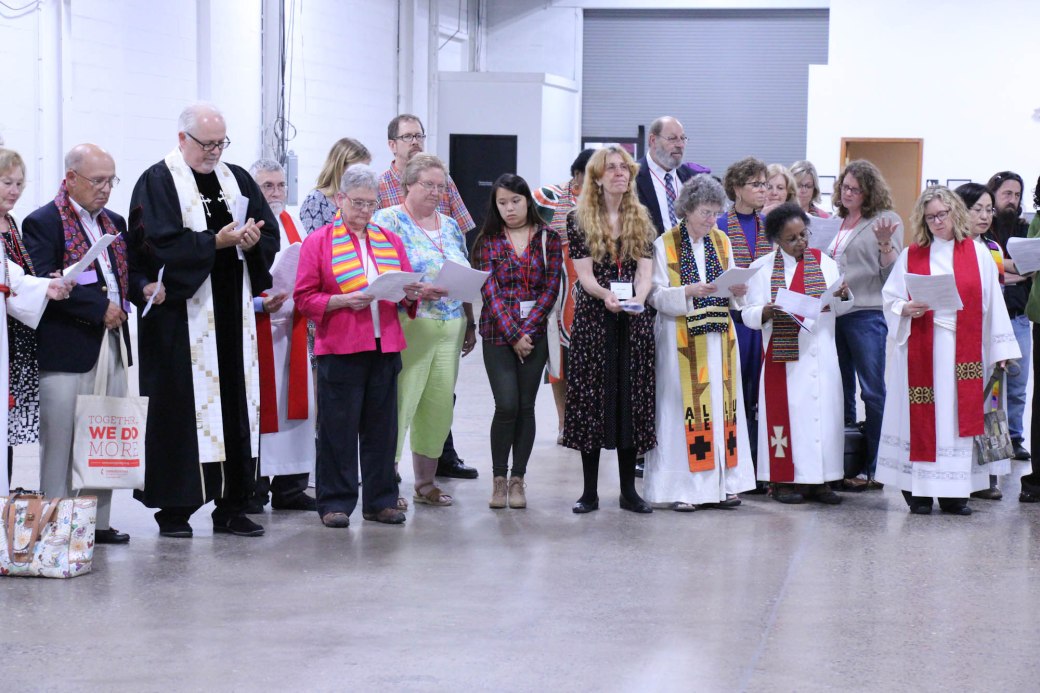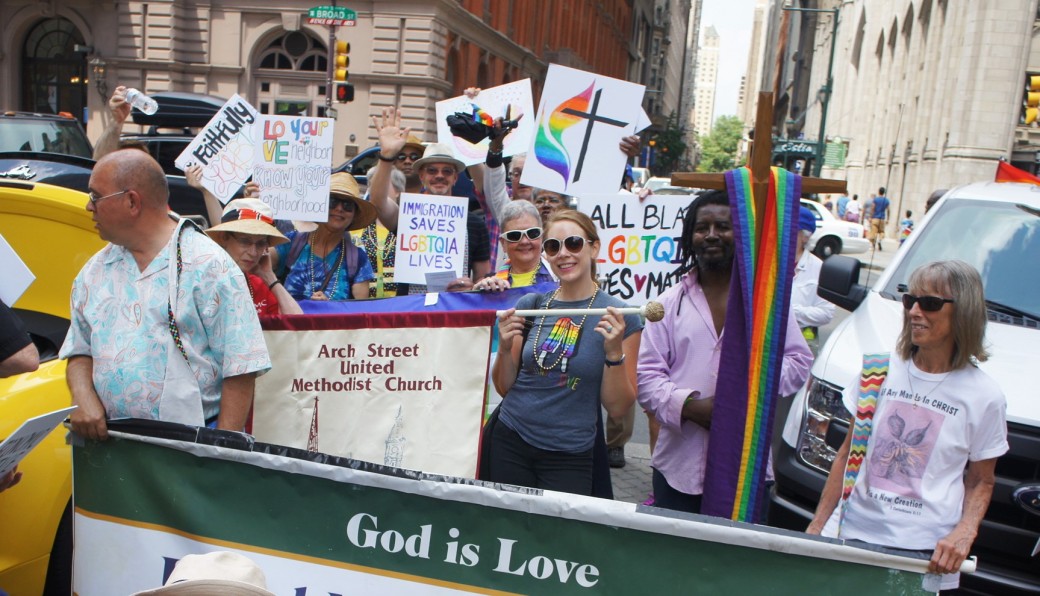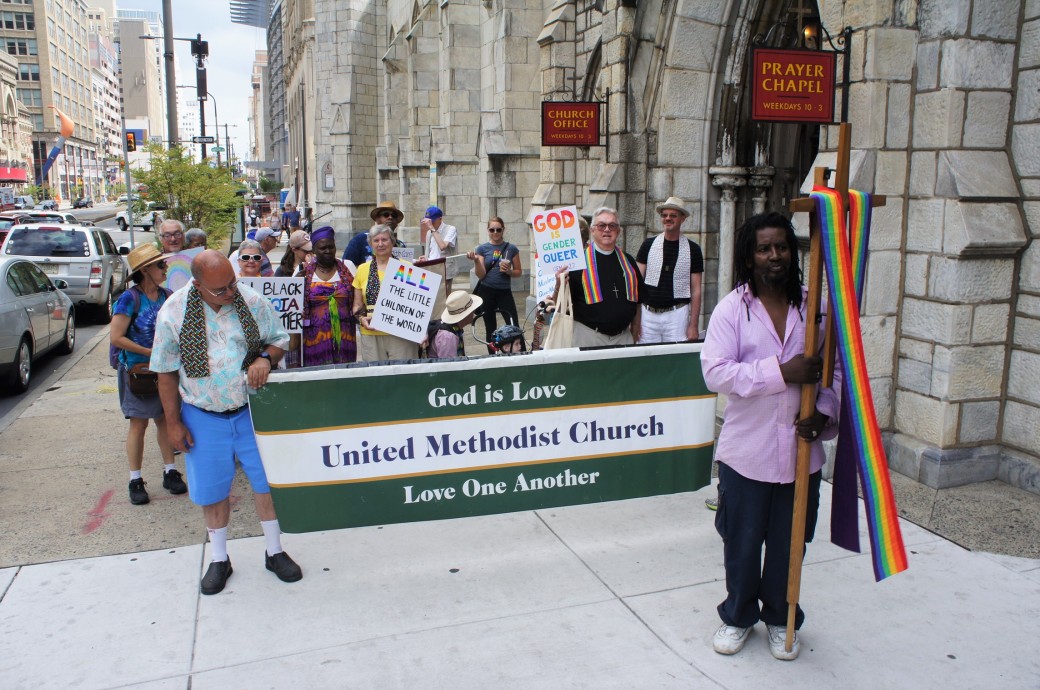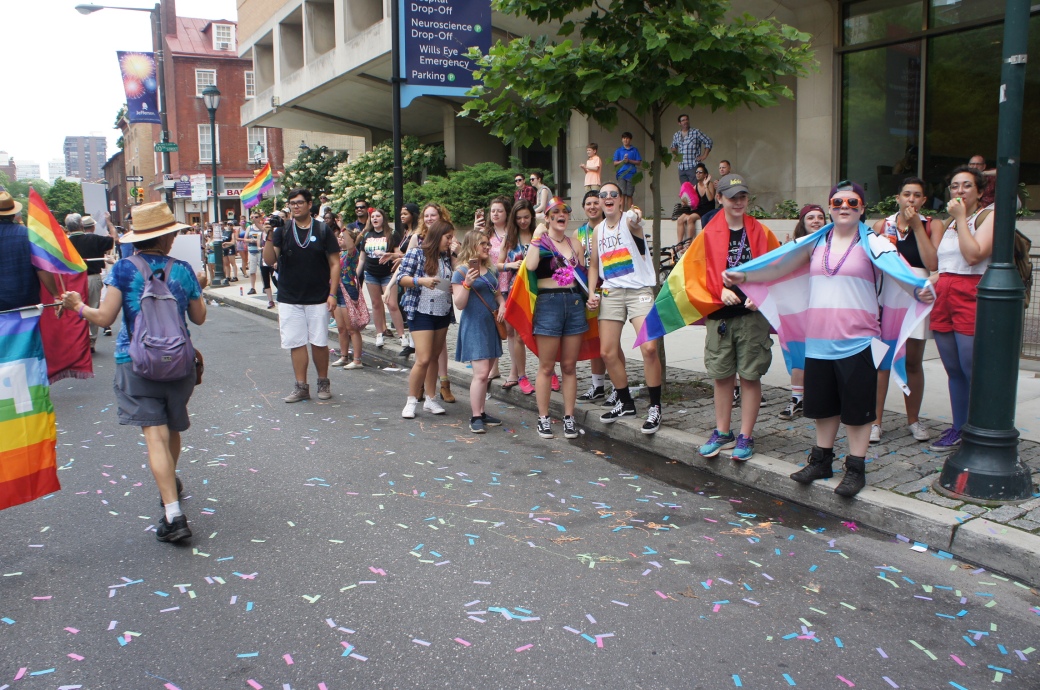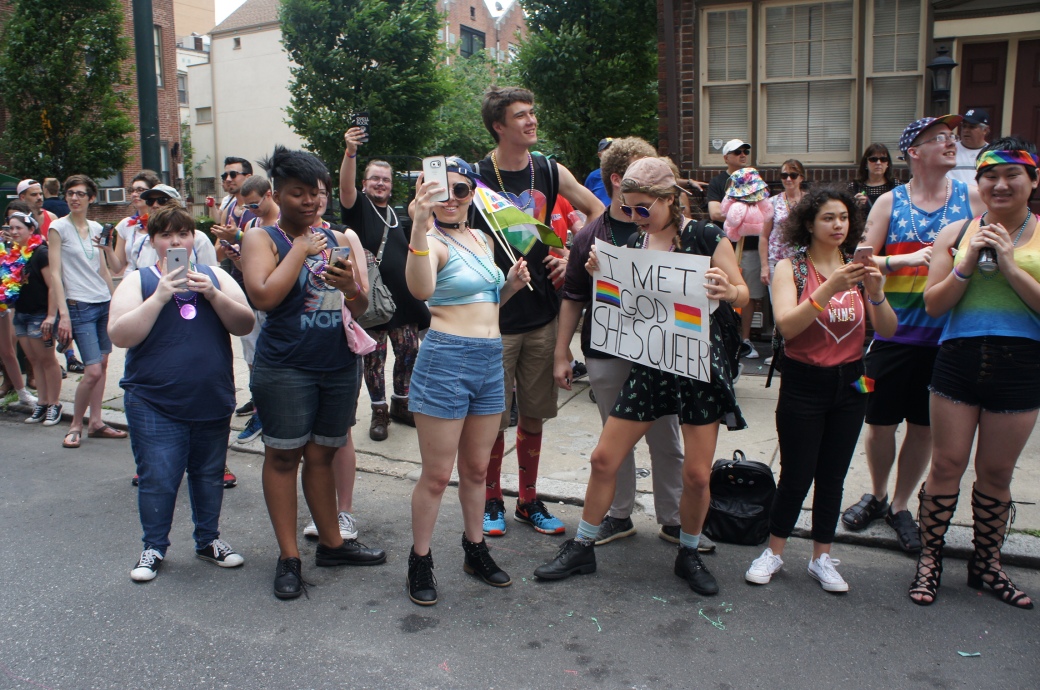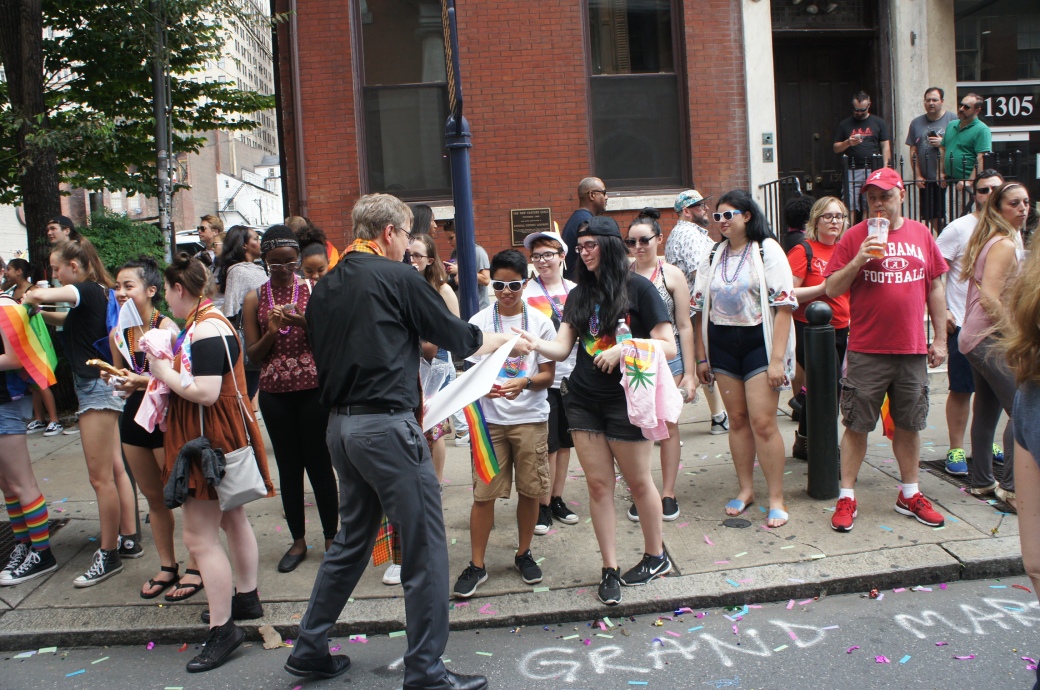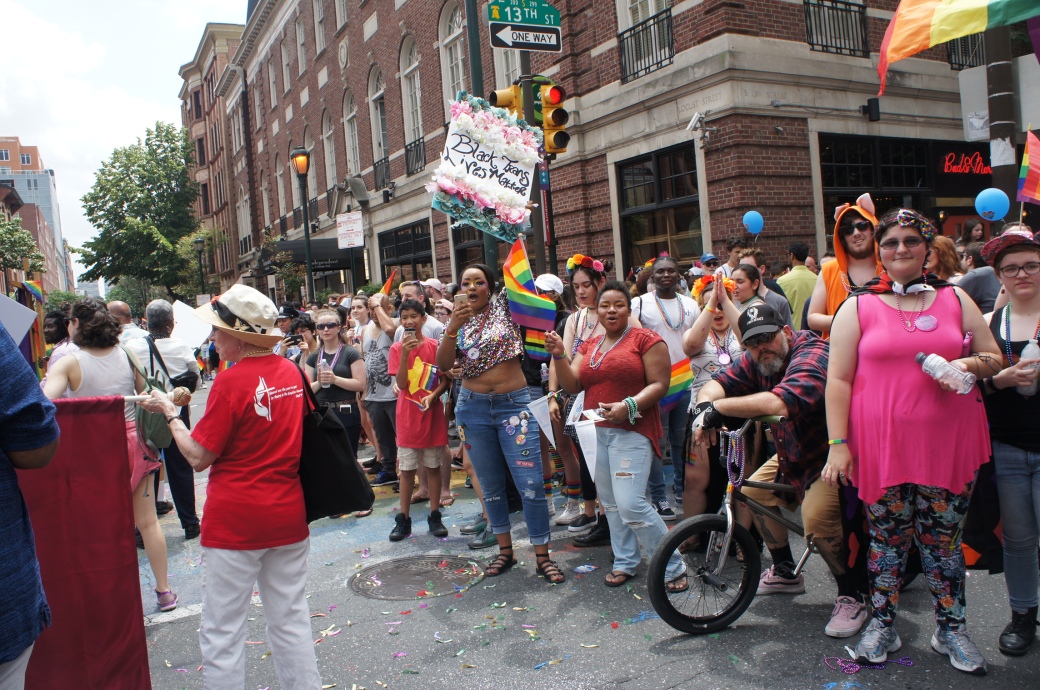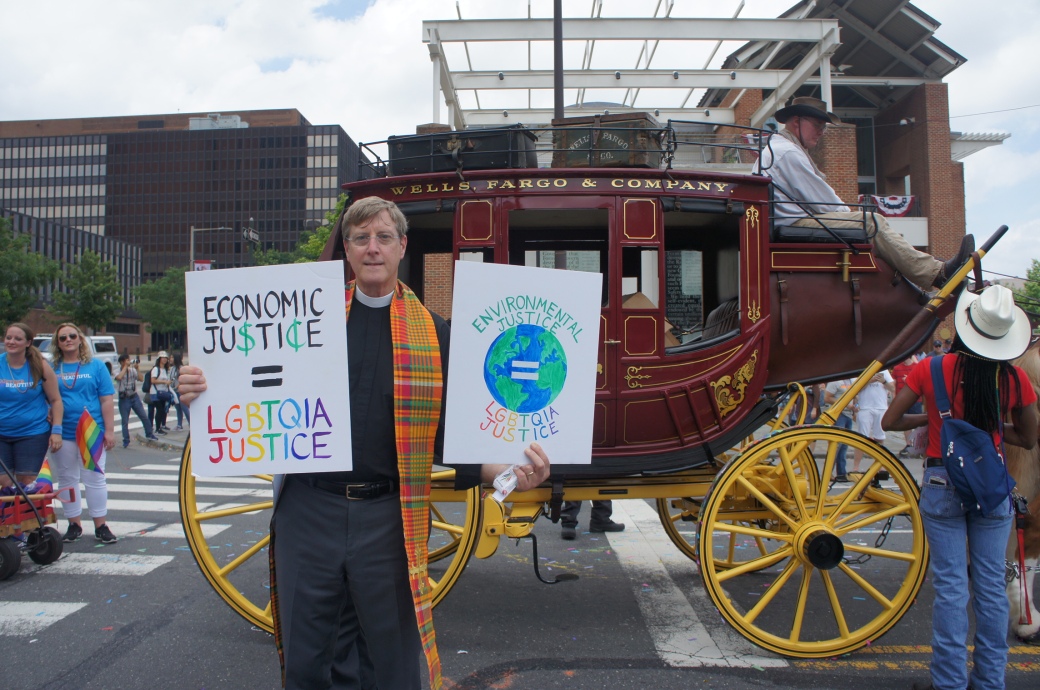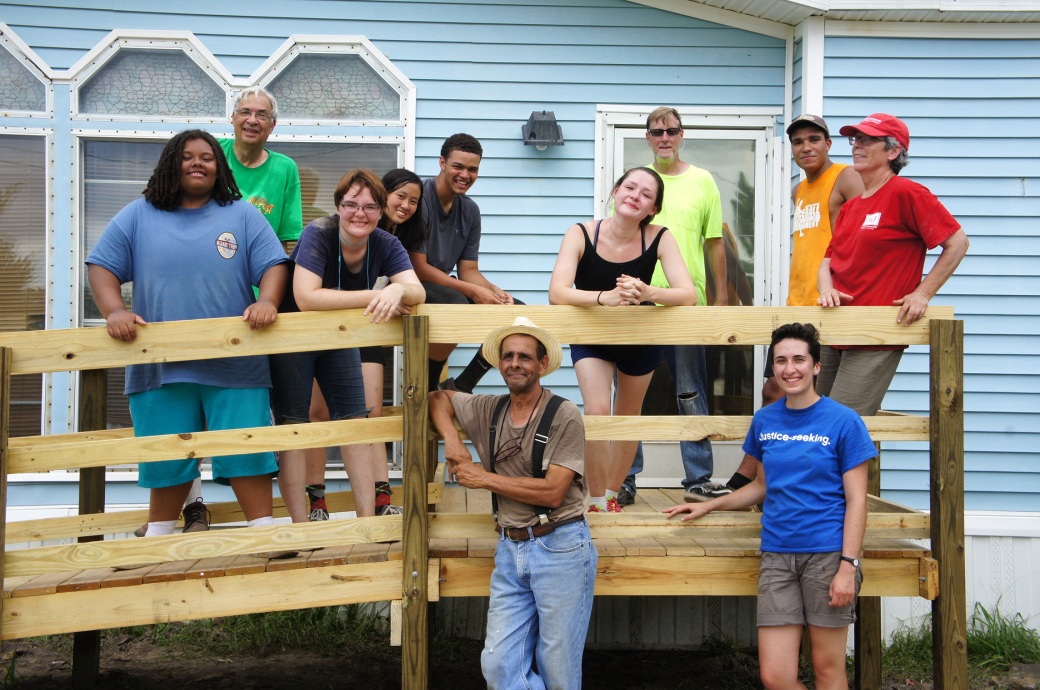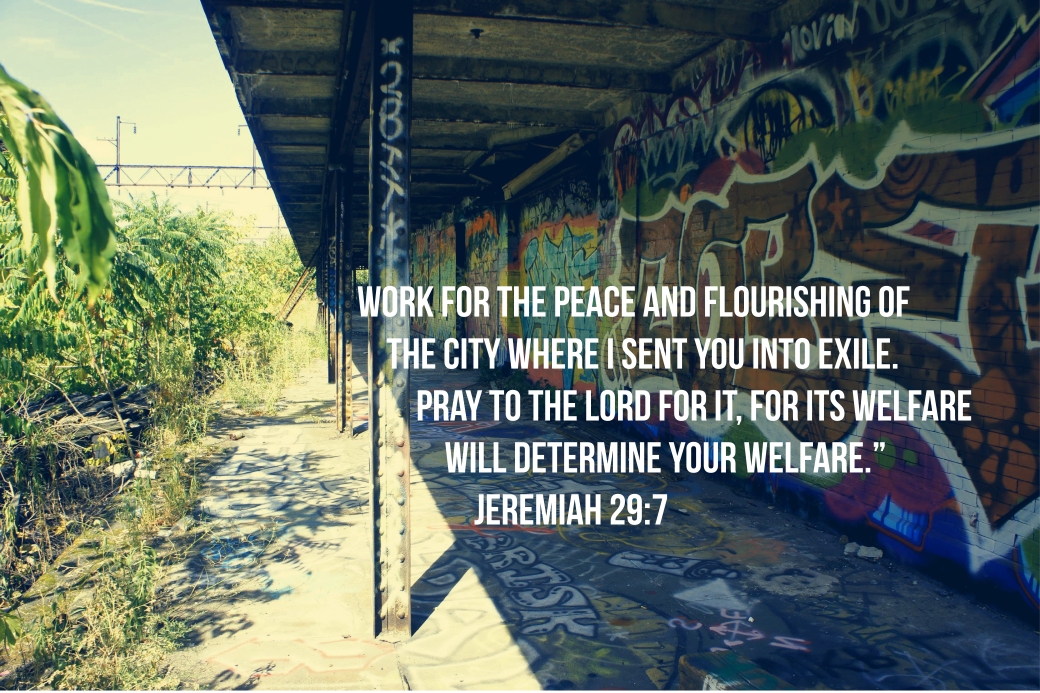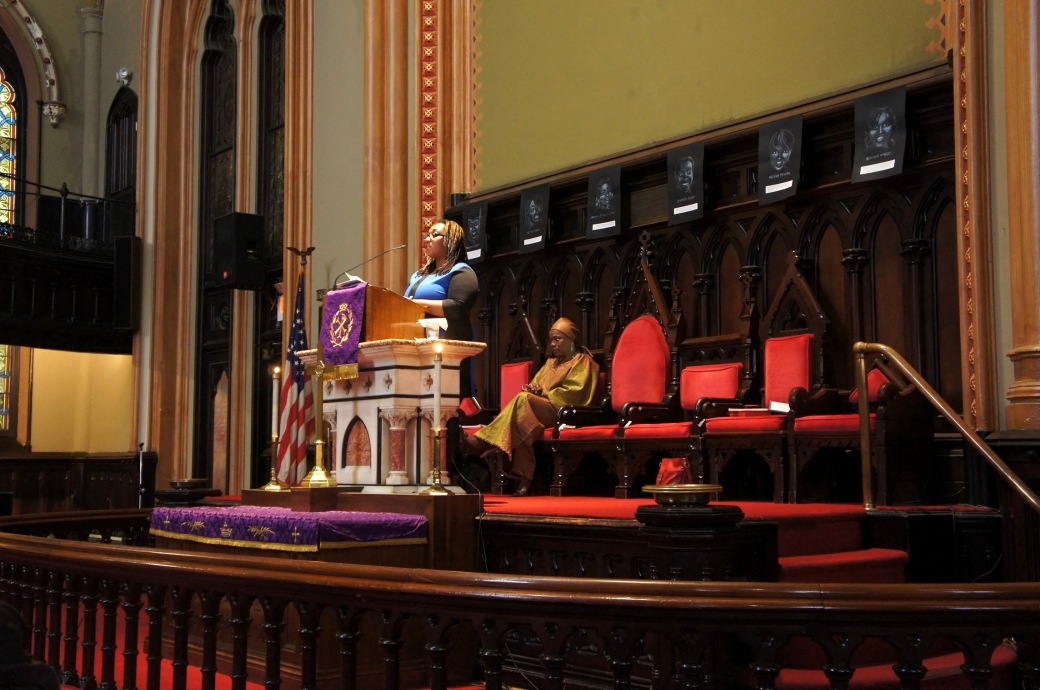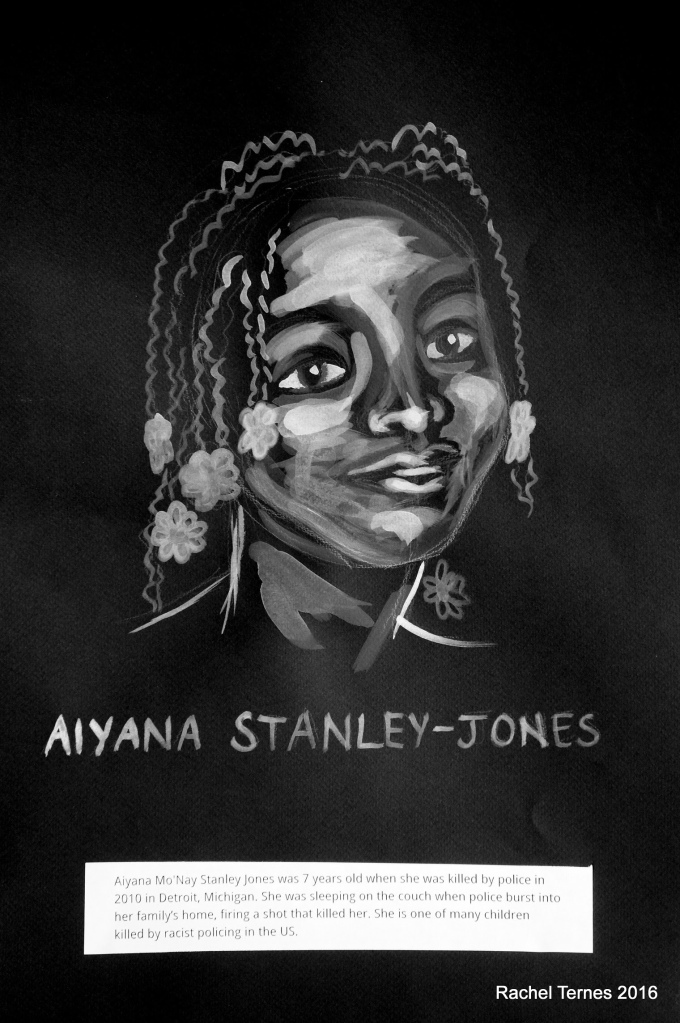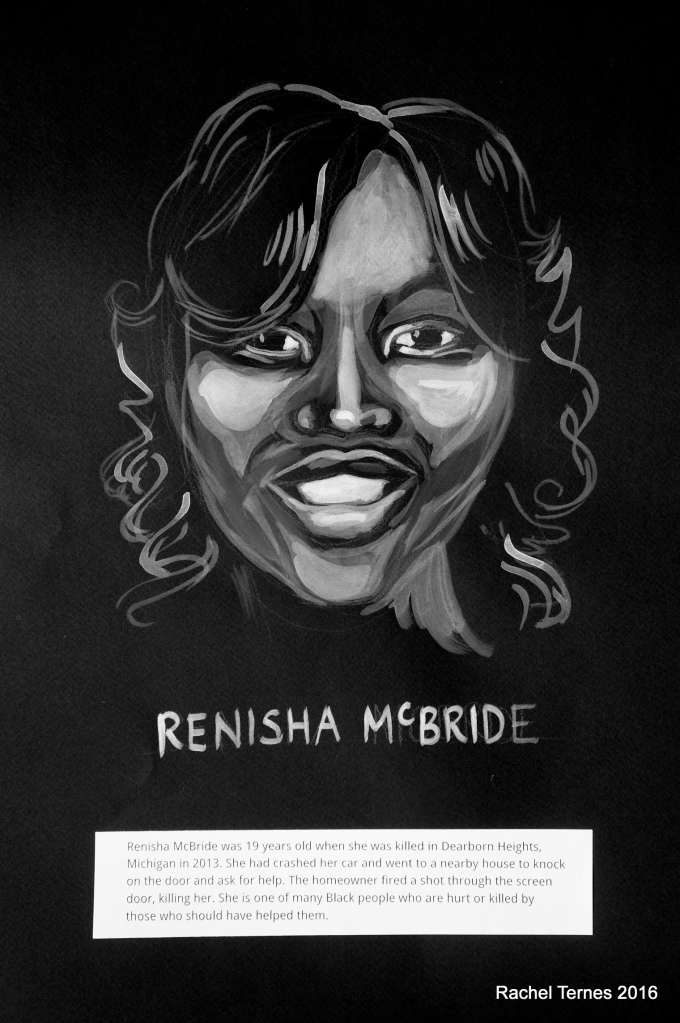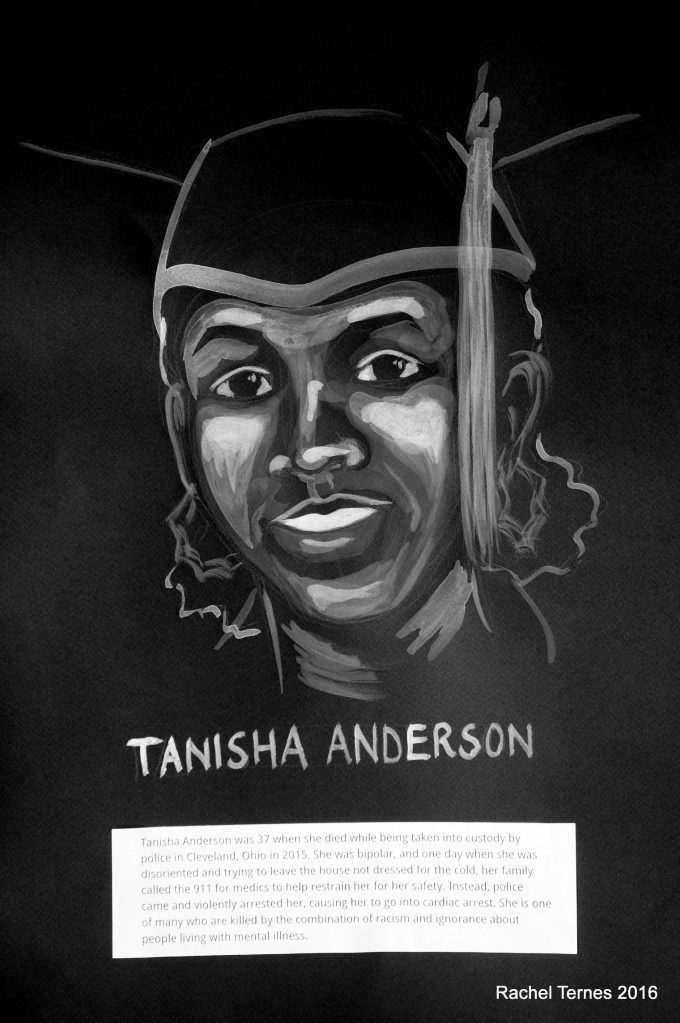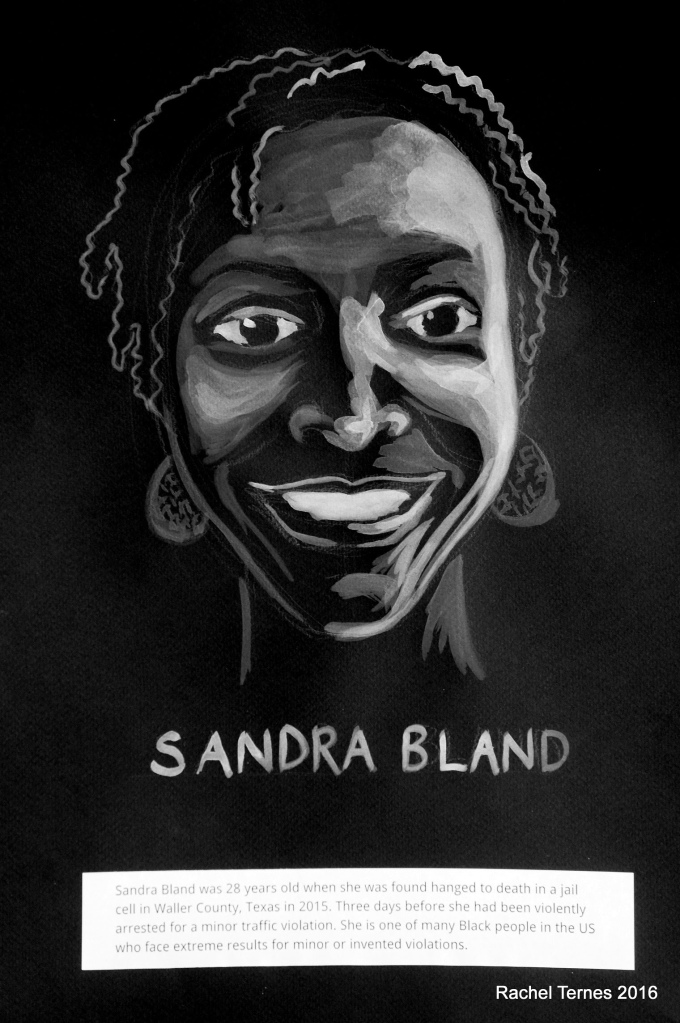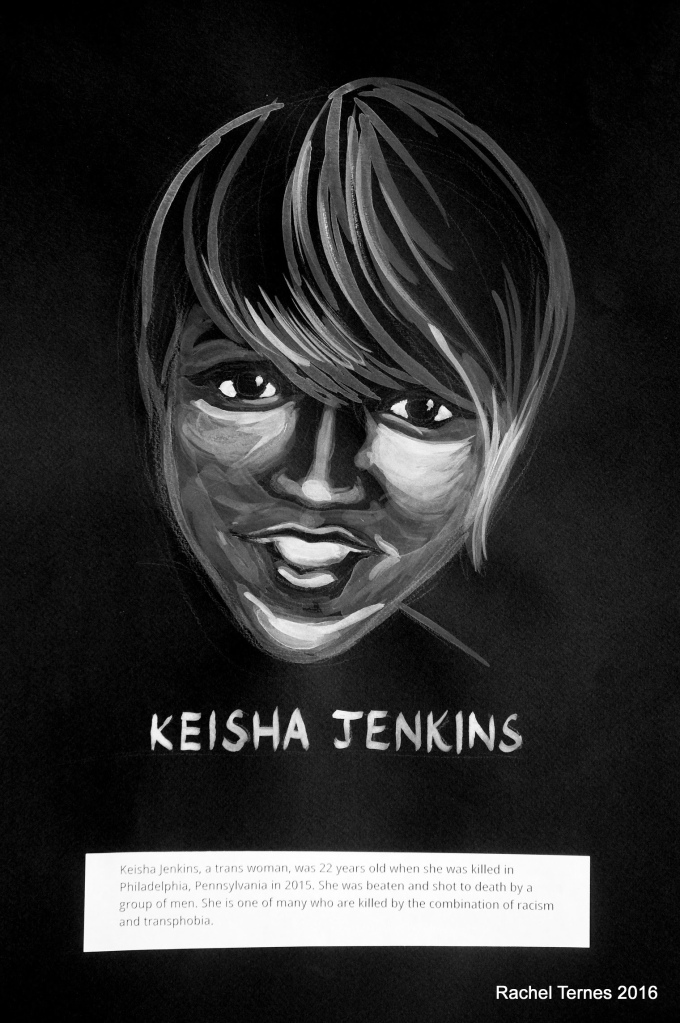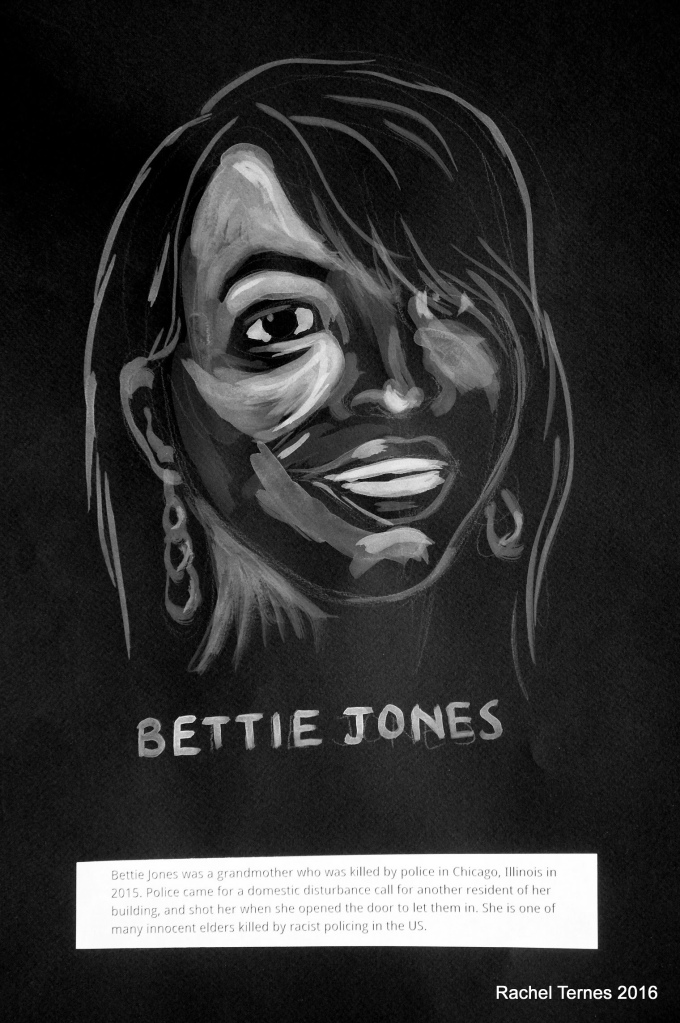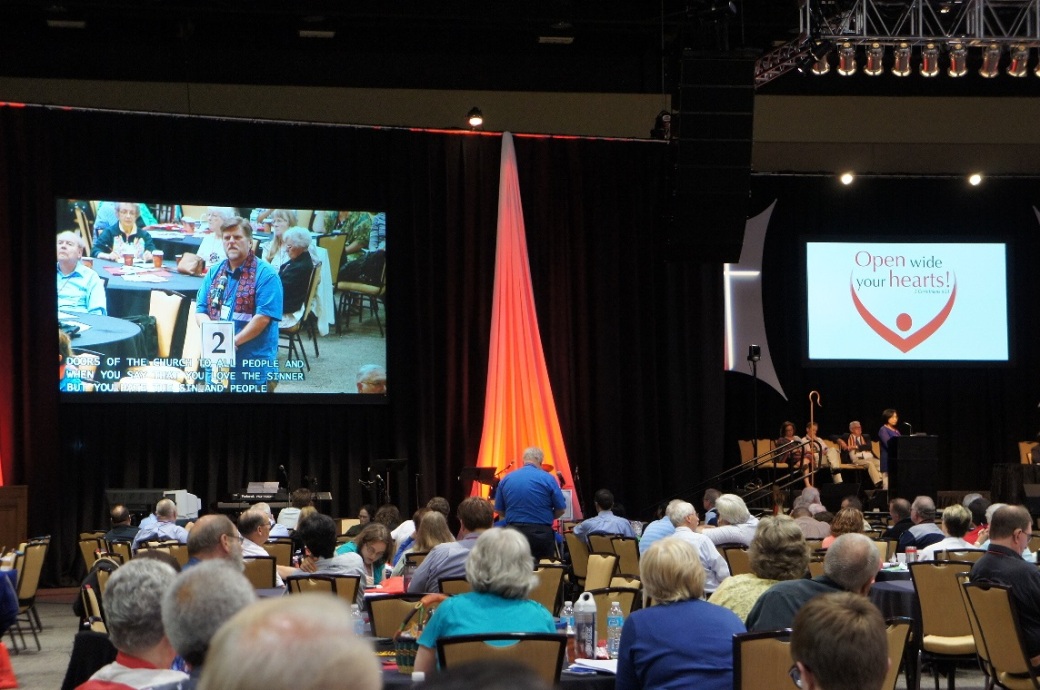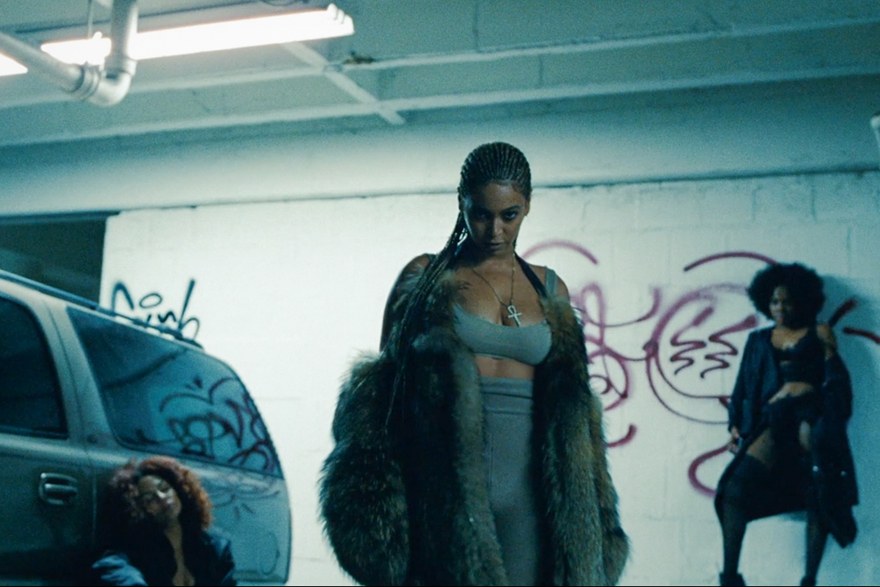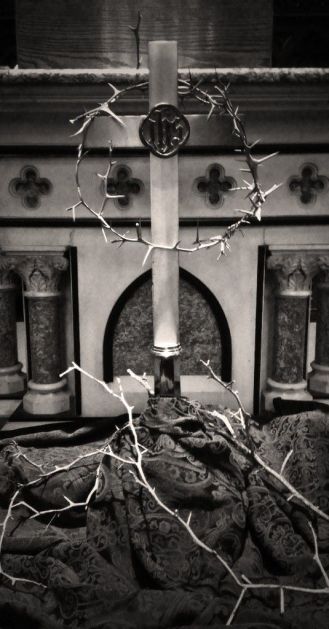Last Sunday, I shared the following sermon with the wonderful congregation of Ardmore United Methodist Church, at the invitation of their pastor, Rev. Tim Thomson-Hohl. They were in the middle of a Lenten exploration of the Book of Jonah.
I called to the Lord out of my distress, and he answered me;
out of the belly of Sheol I cried, and you heard my voice.
You cast me into the deep, into the heart of the seas, and the flood surrounded me;
all your waves and your billows passed over me.
Then I said, ‘I am driven away from your sight;
how shall I look again upon your holy temple?’
The waters closed in over me; the deep surrounded me;
weeds were wrapped around my head at the roots of the mountains.
I went down to the land whose bars closed upon me forever;
yet you brought up my life from the Pit, O Lord my God.
As my life was ebbing away, I remembered the Lord;
and my prayer came to you, into your holy temple.
Those who worship vain idols forsake their true loyalty.
But I with the voice of thanksgiving will sacrifice to you;
what I have vowed I will pay. Deliverance belongs to the Lord!
Then God spoke to the fish, and it vomited up Jonah on the seashore. (Jonah 2:1-10)
To be honest, for a long time after Pastor Tim invited me to preach on the story of Jonah praying in the belly of the great big fish, I was not at all sure what I was going to say. We all know Jonah’s story. Those of us who grew up going to Sunday school heard it, read it, and colored in pictures of it countless times. What more can be said about it? But, determined to find something, I sat down to re-read the story, paying careful attention. I was actually really surprised by how many curious details I saw that I had never noticed before. Like, how Jonah is even less of an admirable character than I remembered him! He’s sluggish, lazy, stupid, and unconcerned. His refusal to heed God’s call is not only foolish and unfaithful, but it shows a lack of concern and compassion for God’s people of Nineveh, in stark contrast to the sailors who do everything they can to avoid abandoning Jonah to the sea, even though they don’t know him, and even after they realize that he’s responsible for the dangerous storm. Some prophet, huh?
But the weirdest thing that I noticed was in Jonah’s prayer. Actually, it was something missing from Jonah’s prayer.
Let me read it again:
I called to the Lord out of my distress, and he answered me;
out of the belly of Sheol I cried, and you heard my voice.
You cast me into the deep, into the heart of the seas, and the flood surrounded me;
all your waves and your billows passed over me.
Then I said, ‘I am driven away from your sight;
how shall I look again upon your holy temple?’
The waters closed in over me; the deep surrounded me;
weeds were wrapped around my head at the roots of the mountains.
I went down to the land whose bars closed upon me forever;
yet you brought up my life from the Pit, O Lord my God.
As my life was ebbing away, I remembered the Lord;
and my prayer came to you, into your holy temple.
Those who worship vain idols forsake their true loyalty.
But I with the voice of thanksgiving will sacrifice to you;
what I have vowed I will pay. Deliverance belongs to the Lord!
Did you notice something missing? Here’s what I felt was missing: Jonah never actually acknowledges that he did something wrong. He never actually repents or asks God’s forgiveness for running away from God’s task! His prayer sounds to me kind of like “Dear God, I am in a terrible situation, it sucks, and goodness knows how I got here. It couldn’t possibly have been something I did! Anyway, you’re awesome, and I know you’ll get me out of this mess, and I’ll for sure praise you when you do! Thanks!”
I was blown away when I noticed this, because I could have sworn that Jonah’s repentance was a part of the stories I had been told in Sunday school.
Out of curiosity, I googled “Jonah and the whale for kids” and found a few summaries of the story written for children. One said “While Jonah was trapped inside the fish he did a lot of praying to God. He asked God to forgive him for running away.” (No, he didn’t.) Another said “He prayed and asked God to forgive him for disobeying him. He probably felt ashamed for not listening to God.” (Mmm I did not get that impression.) So I didn’t imagine it. It seems that, as difficult as it is to admit when we’re wrong and repent, we understand its importance well enough that we subconsciously insert it into Jonah’s prayer.
But Jonah didn’t repent. Not only that, but he ironically condemns the actions of some other unknown people who “worship vain idols,” while commending himself for his piety.
I want to tell you a story.
As was mentioned when I was introduced, I’m serving in a two-year mission and service program of the United Methodist Church’s General Board of Global Ministries, the board that oversees and supports all our church’s missionaries, as well as UMCOR, shorter mission trips, and many initiatives for global health, agriculture, and education. My program is called Global Mission Fellows, and I’m on the domestic track, called US2, for two years in the US. I was assigned to serve at Arch Street United Methodist church, where I have been helping with Grace Cafe (many in your congregation are familiar with Grace Cafe because you’ve volunteered with us) and other social justice projects, as well as at Serenity House, our little North Philadelphia community center and ministry, where I also live. Some of the most beautiful and the challenging experiences that I’ve had in my past year and a half of serving in Philadelphia have centered around The People’s Garden, which is a community garden in the Serenity House neighborhood formed from collaboration between Serenity House, our neighbors, college students, and other community members. The People’s Garden has been a place to grow fresh vegetables to be available to our food desert neighborhood, but it’s also been so much more than that. It’s been the catalyst for rare and rich and real relationships between many African American leaders and elders in our community, and young, mostly white, students who, like myself, are clearly outsiders, but who have come to be loved and welcomed by the community. The garden has been a form of resistance against gentrification– a means of literally putting down roots in an area where my neighbors frequently talk about their fears of being priced out of a neighborhood where their family has lived for generations, because Temple University and developers are buying up properties, without any intention to invest in North Philly’s current residents. The garden has been a source of neighborhood pride and self-determination. Our neighborhood, like much of North Philly, is experiencing poverty aggravated by disinvestment by the city and other institutions. Through our work in the garden, we’ve transformed a dangerous, empty lot where people used to dump trash, into a beautiful, blossoming community space, full of potential. An aspect dear to my heart, the garden has been a learning experience for neighborhood children, who became some of the most enthusiastic and devoted gardeners, and realized their own power and creative potential as they watched the seeds they planted grow into delicious tomatoes and bright sunflowers.
I could go on about the People’s Garden for hours. I have truly seen and felt God present in the growth of the garden and the love of the neighbors and other team members who made it possible.
But I’m going to rein myself in a bit so I can explain what the garden has to do with Jonah’s time in the belly of the fish. Y’all can ask me more about the garden later, during fellowship.
I wanted to introduce you to the garden, because, while musing about Jonah’s— in my opinion— insufficient prayer to God, I suddenly remembered a time when I witnessed a stay in the belly of the great fish that was well-spent.
A crucial part of the dynamic of the garden team has been a commitment to follow the lead of the community members. During my training to become a missionary, the other young adults in my cohort and I learned about the philosophy of ministry with. Not ministry to or for, but ministry with the poor and marginalized and all those whom God has called us to be in solidarity with. When we follow an ethic of ministry with, we understand that mission is not a one-way transaction, with privileged Christians riding in on a white stallion to give something to or do something for the less fortunate. It’s a collaborative process, where all people involved are recognized as bearers of God’s image, and agents of transformation, with something valuable to offer. Even though they might use different words for it, every member of the garden team values this philosophy, and you can see it in the priority that the students and others not from the neighborhood place on listening to our neighbors and making sure our direction is shaped by their concerns and hopes and dreams, and not by what an outsider thinks would be good for the neighborhood.
We’ve all tried to keep this in mind especially with our most recent project, which is the future construction of a semi-permanent open structure that will be an educational and gathering space, and will support solar-powered flood lights to make the garden more safe after dark. But a few months ago we slipped up. The college students and I, distracted by funding deadlines and logistics, made some decisions hastily and without consulting with our neighbors. When they heard, some of our neighbors reached out to us and were clear with us that they were hurt and disappointed that we had left them out of the decision process. There is a long history in communities like North Philadelphia of privileged outsiders taking away agency from locals while claiming to help and respect them, and our neighbors lovingly but firmly pointed out that we had put ourselves dangerously close to following in that pattern.
It was hard to hear, but we knew they were right. The easiest thing to do would have been to smooth it over, deny it, ignore it, pretend like nothing had happened and try to move on with our planning process. A more involved, but still insufficient response would have been to respond like Jonah did in the belly of the fish: To lament the pain and frustration that our team was experiencing, talk up how great it is that we have strong relationships that will allow us to continue forward with our work, and never actually take responsibility for our failure. To be honest, I have a personality type that naturally avoids conflict at all costs, and this Jonah-like response would have been my first instinct. It would have been enough to get off the hook. Enough to get out of the fish.
But instead, I watched at our next full team meeting as the students set aside the agenda to acknowledge the concerns of our neighbors, admit unreservedly that we had done the wrong thing, ask forgiveness, and wholeheartedly recommit to not only including our neighbors in decisions, but having them be the guiding force. In that meeting, our relationships were deepened, and all of our hearts were reignited for the work ahead of us, as we were reminded of the true purpose of the work.
What would Jonah’s prayer have sounded like if he had chosen wholehearted repentance? His prayer was made of pieces of different psalms that he wove together. Imagine if he had included psalm pieces like:
O Lord, be gracious to me;
save me, for I have sinned against you. (Psalm 41:4)
For I know my transgressions,
and my sin is ever before me.
Against you, you alone, have I sinned,
and done what is evil in your sight,
so that you are justified in your sentence
and blameless when you pass judgment. (Psalm 51:3-4)
Lent is a good time to think about how important true repentance is. When we have sinned against one another or against God, fully recognizing our failing, taking responsibility, and committing to do better in the future, are necessary steps for preparing to enter back into right relationship with one another. Healing can’t happen until the wound has been identified and cleaned. This is so important to remember in a world and at a time where well-meaning white Americans are tempted to gloss over the terrible realities of our country’s racist past and present and claim that everything will be fine if we just be nice to each other and move on— rather than own up to the oppression and inequality that Black people face to this day, and repent, and commit to do whatever it takes to have restitution. It’s an important lesson in a land where, having never truly repented for the sins of colonists and the government against Native people, those sins are continuing to oppress, most recently and dramatically with the construction of a dangerous pipeline through Lakota land in Standing Rock, and the brutalization of the Native water protectors risking everything to stop the pipeline. It’s an important lesson in a world where powerful people abuse those who have less power, and then are permitted to by society to move on with their lives without repenting, and continue to trample and abuse.
Jonah’s prayer was good enough to get him spat out on dry land and offered another opportunity to follow God’s instruction. But having never really understood or admitted what he did wrong, he’s not really the changed man that the Sunday school stories make him out to be. In chapter 4, he actually fails again, getting self-righteous, and bitter about God’s mercy for Nineveh, and God has to teach him another lesson. It looks from your schedule like your Jonah sermon series will end right before that part, but I encourage you to read it yourself. It’s very interesting.
In Sunday school as a child, I was told to take Jonah’s story as a lesson about how we should obey God, and how God can find you anywhere and everywhere, so there’s no use running. These are important lessons, but it seems that Jonah still needs to learn a lesson of his own, and I hope that we can learn it along with him. As long as we fail to truly repent of harm that we do to other children of God, we can expect to keep messing up in our relationships with one another and with God. Whenever we find ourselves in the belly of the great big fish, may we let go of our pride and our comfort, and sincerely own our wrongdoing, so that we can truly repent and heal.
